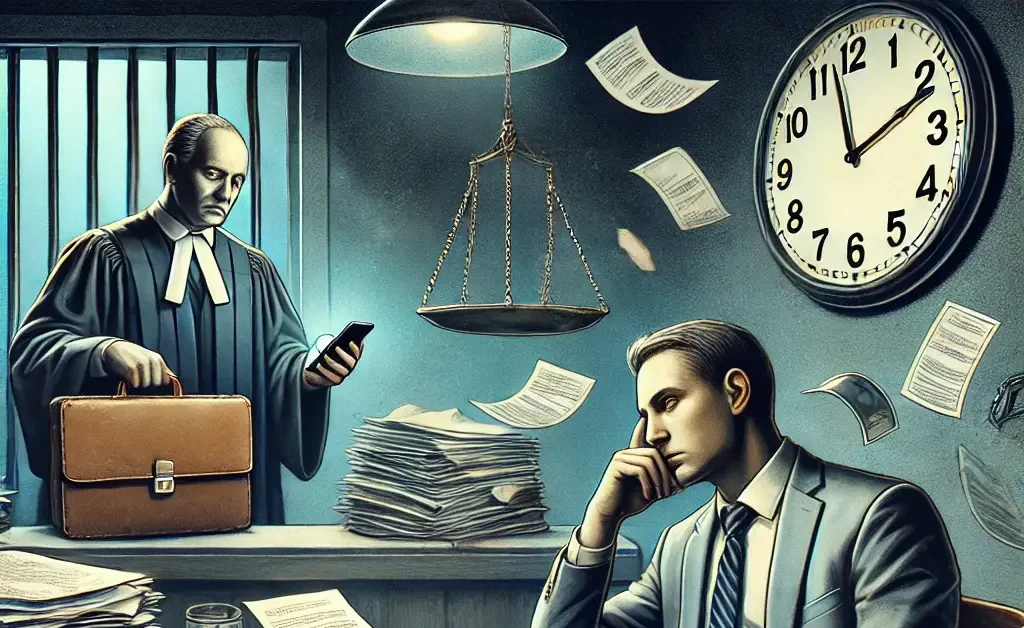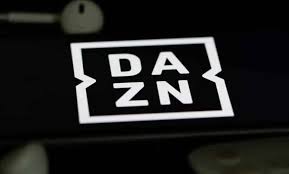Introduction
When it comes to legal issues, having the right attorney can mean the difference between winning and losing your case. A good attorney will be your greatest asset, but a bad one may result in undue stress, delays, and even the loss of your case. Unfortunately, not all attorneys you meet will be your ideal choice. There are definitive warning signs that you can watch out for that will prevent you from hiring a bad lawyer. Here, we will discuss the ways to identify legal warning signs and make a rational choice when deciding on legal representation.
Ineffective Communication and Accessibility
Good communication is key when dealing with an attorney. If your attorney is not easily available, does not return emails or phone calls, or responds to emergency issues after days, then it is a red flag that they might not be giving your case the attention it deserves.
A good lawyer should be responsive and available. They should inform you of the progress of your case and respond to your inquiries in a timely manner. If you are constantly being delayed in communication or feel ignored, it is time to look for other legal representation.
Vague or Overly Optimistic Promises
A lawyer who promises certain results, like assuring a victory or promising a specific verdict, should be an instant red flag. No lawyer, no matter how experienced, can promise victory in a court case. The judicial process is uncertain, and there are numerous variables outside anyone’s control.
Rather, a skilled lawyer will give you a realistic appraisal of your case, identifying possible pitfalls and mapping out the process to overcome them. Avoid lawyers who make exaggerated claims or provide unrealistic assurances in order to entice you to hire them.
Lack of Suitable Experience or Specialization
Not all lawyers are best equipped to deal with all kinds of cases. If your lawyer is inexperienced or not specialized in the particular branch of law applicable to your case, they might not possess the necessary expertise to achieve a positive result. For instance, if you have a personal injury case, it might not be advisable to hire a lawyer who specializes in corporate law.
Before hiring an attorney, make sure they have established experience working on cases like yours. Specialization in the area of law that pertains to your case ensures they understand the intricacies of the system and can adequately represent you.
Bad Reputation and Outstanding Complaints
With the rise of online reviews and social media, it has never been easier to study an attorney’s reputation. Where you find negative reviews or recurring complaints against an attorney’s professionalism or conduct, this must be taken into consideration.
A lawyer with a tenuous reputation or pending disciplinary proceedings might not be the person you would like to entrust your legal affairs with. It’s best to confirm the status of the lawyer with your local bar association or professional groups to check for any pending complaints or ethics violations.
Ambiguous or Exorbitant Billing Procedures
While legal representation is typically costly, there always needs to be transparency in an attorney’s fees and billing schemes. If you find your attorney being secretive about fees or issuing ambiguous bills, this is a warning sign. An attorney should disclose their fee structure from the very beginning, whether it’s hourly, flat rate, or contingency.
If your lawyer is not clear with how they charge for services or if they are charging too much for simple tasks, this may result in surprise bills. Be sure to have a clear understanding of the way you are going to be charged and try to avoid lawyers who appear to have secret charges.
Disorganization or Lack of Preparation
A lawyer’s organization and preparedness are paramount to his/her ability to effectively represent you. If you find that your lawyer is always unorganized, late with deadlines, or appears not to be prepared for meetings or hearings, it may adversely affect your case.
A good lawyer will know the strategy for your case and be prepared to bring forward evidence, arguments, and legal tactics at the right moments. If your lawyer is habitually unprepared, this is a very serious warning sign. Check: Pros and Cons of Hiring a Workers’ Comp Attorney.
Unprofessional or Disrespectful Conduct
Your lawyer must treat you with respect and professionalism at all times. If your lawyer is haughty, rude, or dismissive, it can lead to a poisonous and unfruitful working relationship. An attorney-client relationship should be characterized by trust, honest communication, and respect for each other.
If you’re uncomfortable or disrespected by the attitude of your lawyer, then this might reflect something deeper with how they operate or the kind of attitude they bring. Professionalism is a requirement, and you shouldn’t have an attorney who can’t at least abide by these standards.
FAQs
How can I tell if an attorney is really experienced?
Investigate the attorney’s record in the particular area of law concerning your case. Look at reviews, request references, and ask about their experience with your type of case.
Should I hire an attorney who promises a win in my case?
No. There is no attorney who can promise the outcome of a case. If an attorney makes a promise of a particular outcome, it is a sure indication that they are not trustworthy.
What do I do if my lawyer isn’t talking to me?
Talk to the lawyer about it. If it doesn’t get better, seek out a new lawyer who is committed to regular contact and follow-up.
How do I prevent surprise legal bills?
Ensure that you understand how the lawyer will bill you before the work begins. Ask for a written contract outlining their fees, billing schedule, and any additional charges.
Conclusion
Identifying the perfect attorney can have a huge impact on the resolution of your case. By learning about the characteristics of a poor attorney, you can avoid falling into an expensive error. Listen to red flags such as inefficient communication, unsubstantiated assurances, non-specialization, and inefficiency. Always select an attorney who is open, competent, and polite. By staying proactive and watchful while seeking your attorney, you can achieve the best possible legal representation for your situation.
Delve into the key distinctions between a conservator and a power of attorney in our detailed comparison here.







